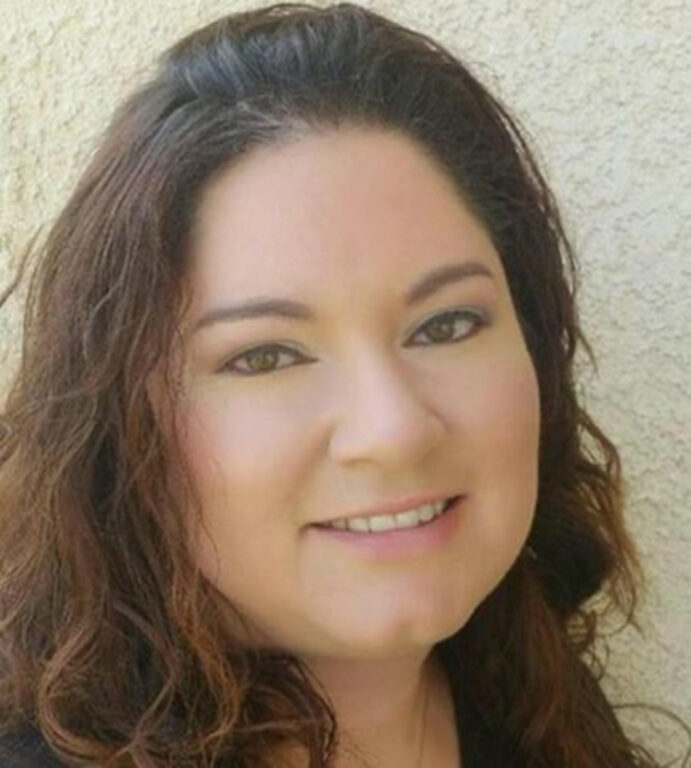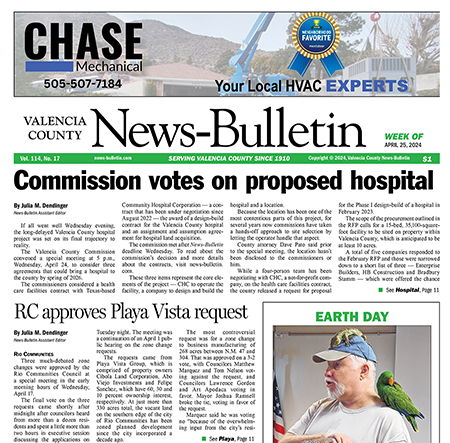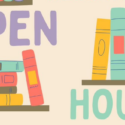First person
The first month of the new year has come and gone. Have you accomplished any of the goals you set out to complete on the first day of January?
When setting goals, we often think of it as an all-or-nothing type of situation, meaning there is a mindset of, “We have to be all in’ or the goal will not be reached, but this is not necessarily true. What if we re-think our mindset and look at our goal as being accomplished in, allowing ourselves time and patience to meet the main goal one step at a time?
By practicing patience and adapting a mindset that a goal needs steps, we are more likely to be successful. Setting a goal is something to work toward, not something we should expect to accomplish immediately or with our first try.
Think about it this way, there are 168 hours a week or 8,736 hours in a year. How much time is needed to achieve the goal? Some goals may only take a few hours a week, while others may take more time. When you break down your goal into steps, you can make a big amount of progress on the goal when you spend a few hours a week regularly to achieve the goal.
Another thing to consider while setting goals is the “why.” It is typical to say, “I want to lose 50 pounds at the beginning of the year,” or “I want save money for an emergency fund,” or “I want to practice homesteading.” Those are some admirable goals and resolutions; however, have you asked yourself, “What is the reasoning behind my goals or resolutions?”
I was once told, “Knowing your why, will change your mindset and make your goal more forward-focused and easier to attain.” Honestly, hearing that statement I thought, “Wouldn’t losing weight or saving money or making things at home just be a smart thing to do?”
The more I contemplated, the more I understood that if I had a “why,” I could also create smaller steps to make a seemingly difficult goal, easier to achieve.
Let us put this into practice. If you want to read one book a month, but it just feels overwhelming, find your reason “why” you want to read one book a month. For example, I want to read one book a month so I can keep my mind active and learn new things.
Research shows that reading one book a month is great for mental fitness and stimulates a complex network of signals and circuits in the brain to improve cognitive functions and improve focus. The next step would be to choose a book that is interesting, and maybe on a topic of one of the other goals you may have set for the new year.
The next step is to break down the goal of reading one book per month. This step can be handled in a few different ways to avoid feeling overwhelmed. Break down the steps down by simply reading five to 15 minutes a day or by dividing the number of pages of the book by the number of days in the month.
If your goal is to lose some weight and exercise more, find your why and break down the steps. For example, you may approach this goal by dedicating 15 to 30 minutes, twice a week to exercise until you can increase the time you give to the goal. The best way to approach some goals is not only to take it step-by-step, but to also reevaluate those goals each month.
One of the more ambitious goals we have seen trending recently is the idea of homesteading. Growing all the food your family needs is an ambitious idea; however, it will not be achieved quickly. If we do not break down a goal as big as this, we are bound to fail and quit the goal due to the difficulty.
A large goal like this must be broken down into smaller, more obtainable goals. Additionally, choosing the “why” for each step of the goal. For example, maybe you can break down your goals by choosing an order for learning to and making your own bread at home, planting a garden, raising some chickens or creating your own cleaning products at home.
Regardless of the goal you choose, keep in mind each step you create is just as important, if not more important, than the overall goal. By having a “why” and setting up steps toward achieving your goal, the journey to overall goal achievement is more likely!
So, this year is your year to make choose a goal, identify your why, break down the steps, and get to work creating your own future of change through your hard work and dedication to yourself … you deserve it!
Program announcements
To register for an upcoming program, call the Valencia County Cooperative Extension Service at 505-565-3002. For more information, visit valenciaextension.nmsu.edu.
- Ready, Set, GROW! Free gardening classes are being offered virtually. Registration required, please visit the link for upcoming classes and more information at desertblooms.nmsu.edu/grow.html.
- The 4 Laws of Financial Prosperity, Book Club with Bryce (three-part online series). Get control of your money and learn new principles to master the power of 4 Laws of Financial Prosperity. Registration required; visit the link for registration information nmsu.zoom.us/meeting/register/tZMvc-uppj0rErpLjB7hUn4cswaiBepOONJR.
- Kitchen Creations Diabetes Cooking Classes (four-part series) from 9 a.m. to noon, Feb. 20, Feb. 27, March 5 and March 12. Classes are free; contact the office today to register.
- Financial literacy virtual workshop for New Mexico youth ages 16-26. This is a free series offered on Zoom for youth throughout New Mexico. Registration in required please visit valenciaextension.nmsu.edu to register today!
(If you are an individual with a disability who requires auxiliary aid or service to participate in a program, please contact the Valencia County Cooperative Extension Service Office at 505-565-3002 two weeks in advance of the event.)

















